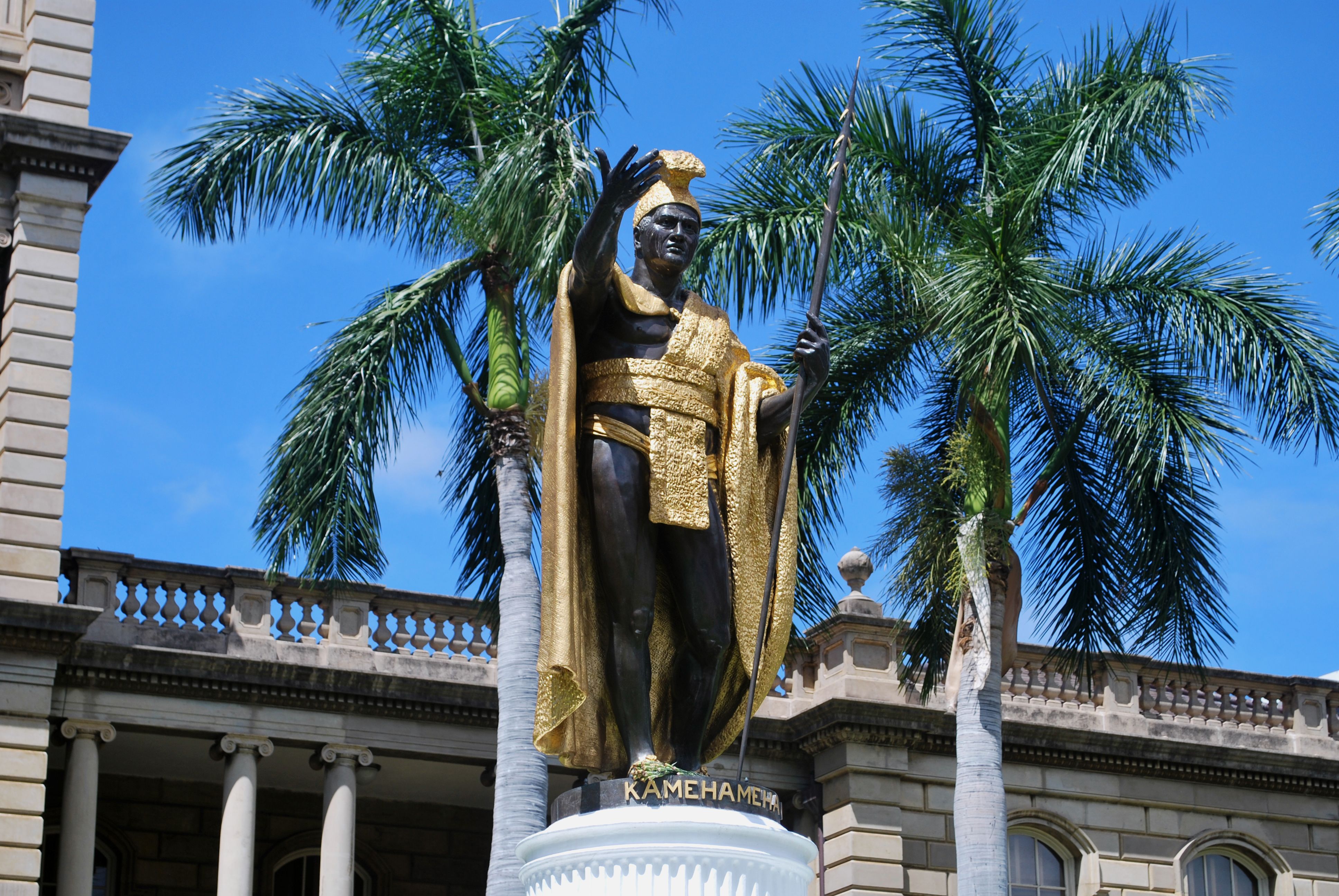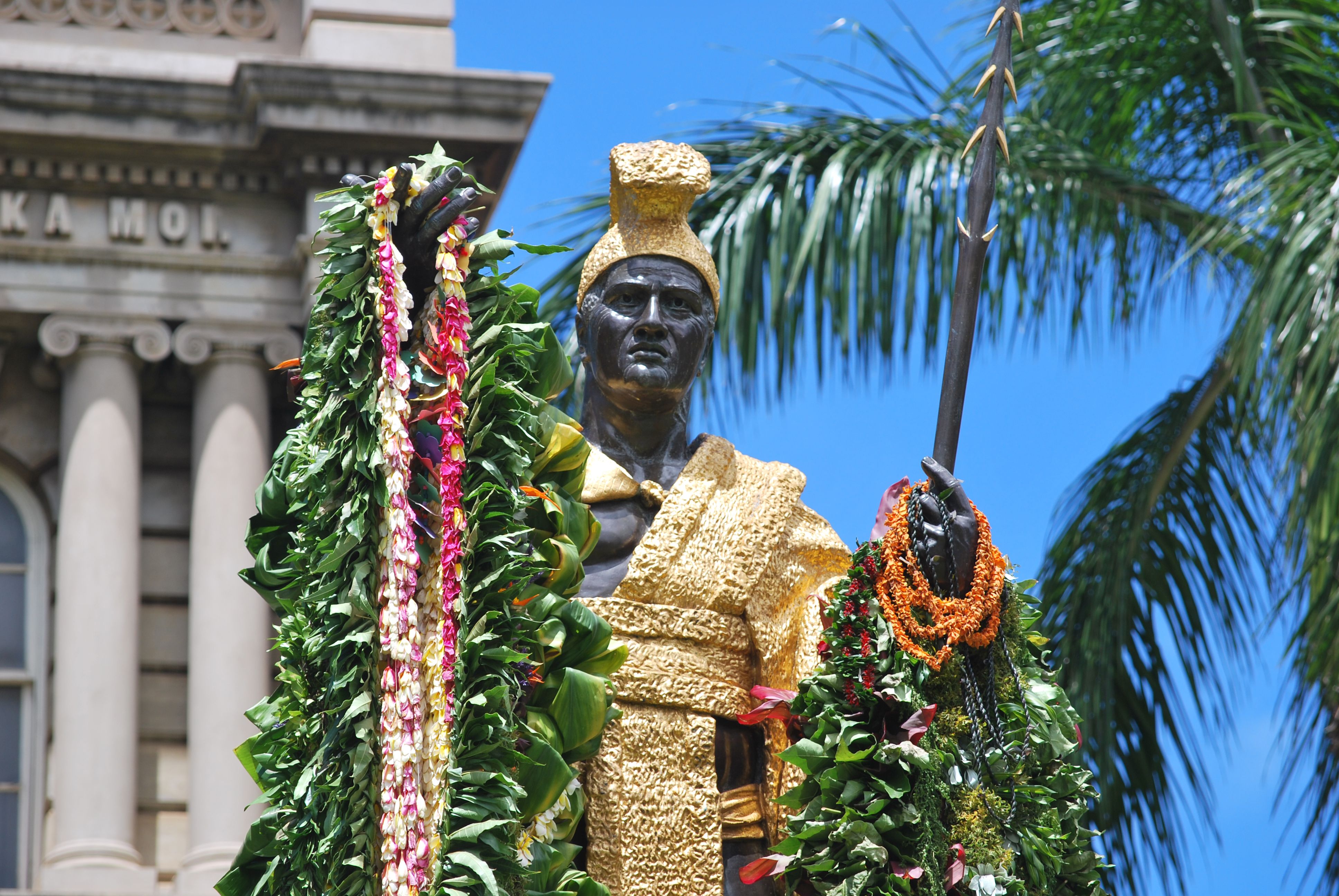The Impact of Illegal Occupation on Hawaiian Subjects
Understanding the Historical Context
The illegal occupation of Hawaii is a complex and deeply rooted issue that has had profound effects on Hawaiian subjects. The overthrow of the Hawaiian Kingdom in 1893 and subsequent annexation by the United States in 1898 marked the beginning of significant changes for native Hawaiians. This historical context is crucial to understanding the ongoing impact on Hawaiian culture, identity, and rights.

Cultural Erosion and Identity Loss
One of the most significant impacts of the illegal occupation has been the erosion of Hawaiian culture and identity. As American influence grew, traditional Hawaiian practices and languages were suppressed. Many native Hawaiians lost touch with their cultural roots, leading to a decline in native language speakers and a weakening of cultural practices.
The introduction of Western education systems further exacerbated this loss, as they often prioritized English and Western ideologies over native traditions. Efforts to revive the Hawaiian language and cultural practices have been ongoing, but challenges remain due to historical disruptions.

Economic Disparities
The illegal occupation also led to significant economic disparities for native Hawaiians. Land ownership was a central aspect of traditional Hawaiian society, but the annexation resulted in many Hawaiians losing their ancestral lands. This loss of land had lasting economic implications as it affected their ability to sustain traditional agricultural practices and maintain self-sufficiency.
Today, native Hawaiians face disproportionate levels of poverty and homelessness compared to other populations in Hawaii. These economic challenges are deeply intertwined with the historical injustices of land dispossession and marginalization.
Political Marginalization
The political landscape in Hawaii changed dramatically following the illegal occupation. Native Hawaiians were largely excluded from political processes and decision-making, which further marginalized their voices. This exclusion from governance denied them the ability to advocate for their rights and interests effectively.

Efforts to restore sovereignty and self-determination have been ongoing for decades. Various groups have advocated for increased political representation and recognition of native Hawaiian rights, underscoring the importance of addressing historical injustices.
Environmental Concerns
The impact of the illegal occupation extends to environmental issues, as well. Traditional Hawaiian practices were closely linked to land stewardship and sustainability. However, Western colonization brought different land use practices that often neglected these principles.
Today, environmental degradation is a concern for many native Hawaiians, who seek to restore traditional ecological knowledge and practices. This includes efforts to protect natural resources and promote sustainable development that aligns with cultural values.

Conclusion: A Path Forward
The impact of the illegal occupation on Hawaiian subjects is multifaceted, affecting cultural identity, economic well-being, political representation, and environmental stewardship. Addressing these issues requires a comprehensive approach that acknowledges historical injustices and actively works towards restitution and healing.
As awareness grows, there is hope that meaningful change can be achieved through dialogue, education, and policy reforms. By honoring the past and empowering native Hawaiian communities, there is potential to forge a future that respects and revitalizes the rich heritage of Hawaii.